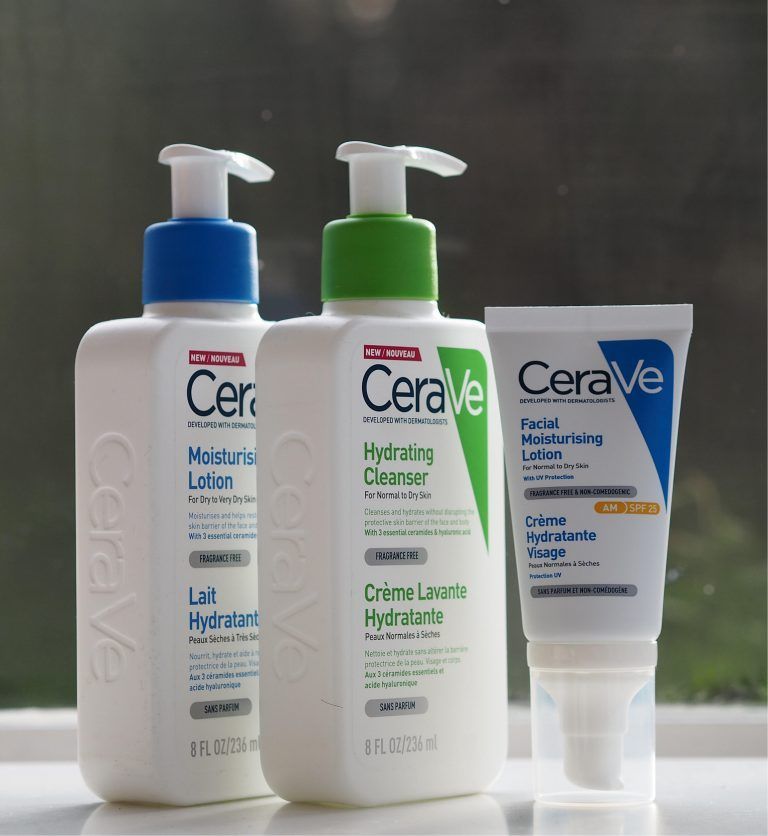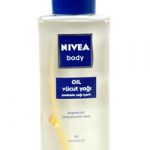Finding skin care products for sensitive skin can be quite a challenge. Sometimes skin care is labeled as being for sensitive skin, but it really is an irritant product. I hope this article will help you understand how to find products for sensitive skin and also how to take care of sensitive skin.
Know your skin
First of all, it is important to know your skin type. Is it greasy, mixed or dry? All three of these skin types can be sensitive, so this is the first step in determining which products to buy. Here’s a simple test to find your skin type if you’re not sure: Wash your face with cleanser, pat dry, then wait 30 minutes. After 30 minutes, use a blotting paper on your face. If the paper collects a lot of oil, your skin is oily. If it collects oil in some areas but not others, you may have combination skin. If it collects a little oil and your skin feels tight, you probably have dry skin.
If you have oily sensitive skin, you’ll want to avoid products that clog pores. You’ll want to invest in a light moisturizer and also use a toner to soak up the extra oil. If you have dry, sensitive skin, you want to avoid strong alcohols that might lurk in astringent toners, and you may want to buy fragrance-free products.
Finding your skin type on the Fitzpatrick scale is equally important to identifying how your skin will react to sun exposure. Here is a link to an article on finding your skin type on the scale and why it matters, and what it will mean for you.
Note: never forget to hydrate! While it might be counterintuitive if you have oily skin, depriving your skin of much-needed moisturizer after cleansing could actually make your oily skin worse and cause excess oil production.

Research ingredients
Ingredient research is a fundamental process to better understand how your skincare products work, and it can help you choose the best products for your skin concern. Knowing the ingredients is also very helpful, because then you don’t have to rely on other people’s reviews of the product, the label and its claims, or the price to dictate its effectiveness. I learned the majority of my skincare knowledge from Cassandra Bankson, a dedicated skincare youtuber and beautician. Here’s a great older video she has on her YouTube channel for learning how to read skincare labels.
Test the products first
If you have extremely sensitive skin, it is important to do a patch test first. This is especially important if you’re using a product with strong active ingredients (eg, a chemical exfoliant). Apply a skin care product to the inside of your wrist or behind your ear, then wait a few hours to see if you have a reaction.

keep it simple
Simplicity is the key. You don’t need a 10-step skincare routine for it to be effective. Really, all you need is an SPF, a cleanser, and a moisturizer. Adding too many different products to your routine could potentially make your sensitivity worse. If you’re not sure which products to buy, a brand like CeraVe is straightforward, simple, and effective.

Use products designed for your skin
Consider buying products labeled “hypoallergenic.” This label means that the ingredients in this skin product will avoid causing an allergic reaction. These products will be less likely to trigger sensitivity that a person may experience when using a skin care product.
What to avoid:
Fragrance. A little perfume is acceptable, as the ingredient should not be considered the cause of any sensitivity. However, heavily scented products can cause extreme irritation and sensitivity. Therefore, it may be worth looking for fragrance-free skin care products. One brand that does not contain fragrance in its products is The Inkey List.
It’s also important to limit sun exposure to prevent sensitivity, especially if you’re on the low Fitzpatrick scale. Don’t forget to use sun protection, whatever your skin type. It is important to use sunscreen every day to prevent increased skin sensitivity and future skin cancers. One brand of sunscreen that I would recommend is Supergoop. Their brand sells a variety of different types of sunscreens that won’t leave a white cast or greasy feeling.

I hope these tips help you find a way to manage your skin sensitivity and find products that will work for you.






